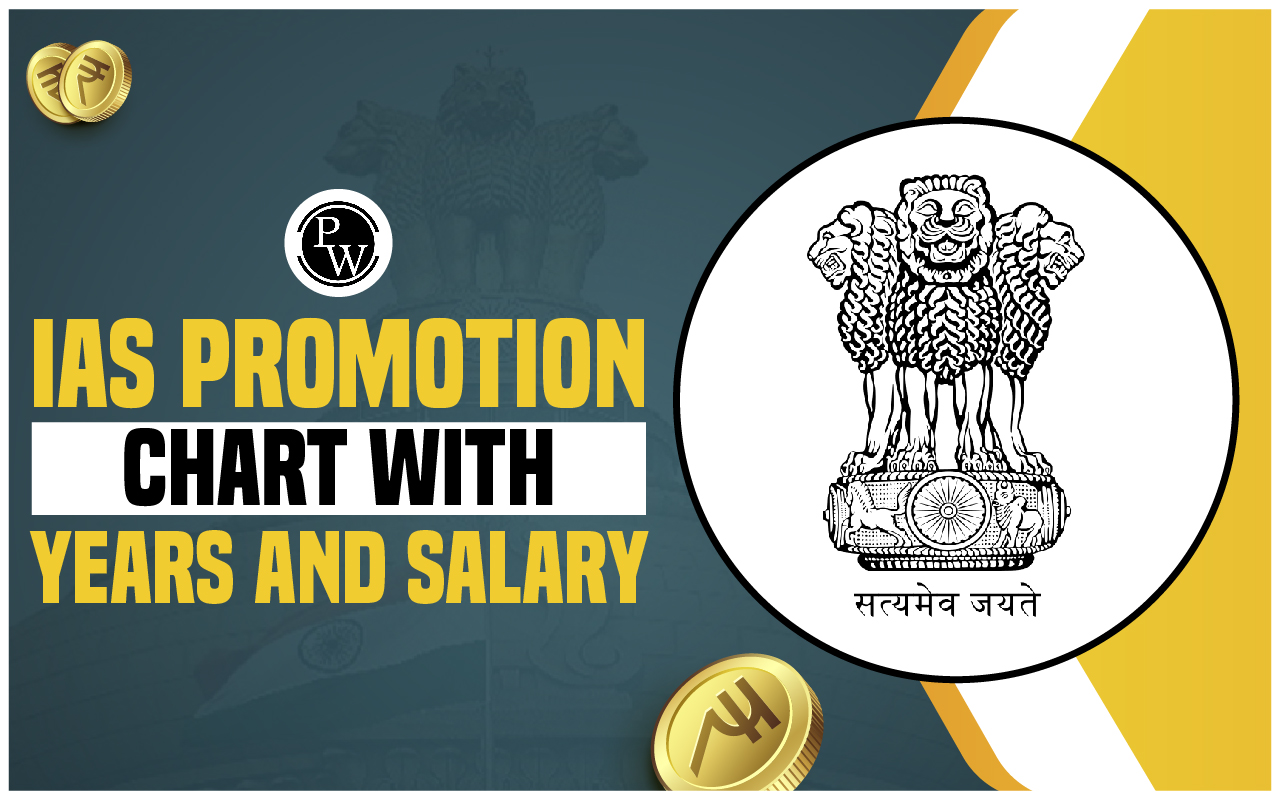
World Biofuel Day 2024: World Biofuel Day 2024 is celebrated on August 10th and aims to increase awareness about the role of biofuels in reducing reliance on fossil fuels and combating climate change.
This year, the observance emphasizes advancements in biofuel technology and policies aimed at reducing carbon emissions and enhancing energy security. It also highlights global and national efforts to promote sustainable and renewable energy sources as part of broader environmental and energy goals.World Biofuel Day 2024 Overview
World Biofuel Day 2024 Theme
The theme for World Biofuel Day 2024, "Sustainable Biofuels: Fueling a Greener Future," emphasizes the importance of biofuels in achieving environmental sustainability. It focuses on promoting advancements in biofuel technology and its potential to reduce greenhouse gas emissions, enhance energy security, and support rural development. This year's theme aims to highlight the role of biofuels in transitioning to cleaner energy sources, in line with global climate goals and national energy policies.Significance of World Biofuel Day
World Biofuel Day holds significant importance for several reasons:Promoting Clean Energy : It helps people understand how biofuels, which come from plants, can replace fossil fuels and help protect the environment.
Reducing Pollution : It shows how using biofuels can cut down on harmful gases and improve air quality.
Enhancing Energy Security : The day raises awareness about how biofuels can reduce our need for imported fossil fuels, making energy supplies more stable.
Boosting Rural Economies : It highlights how making biofuels can support farmers and create jobs in rural areas.
Showcasing New Technologies : The day is a chance to learn about new advancements in biofuel technology and the policies that support them.
What is Biofuel?
Biofuel is a type of energy source made from organic materials, such as plants or animal waste. Unlike fossil fuels, which take millions of years to form, biofuels are produced quickly from recent biological materials. They can be in liquid or gaseous forms and are used mainly for transportation, helping to reduce reliance on traditional fossil fuels. Biofuels are considered renewable because they come from resources that can be replenished over a short period. Examples include ethanol, biodiesel, and biogas.Biofuel Production in India
India is actively pursuing biofuel production to achieve several important goals:Reduce Dependence on Imported Crude Oil : By increasing the use of biofuels, India aims to decrease its reliance on imported fossil fuels.
Foreign Exchange Savings : Utilizing domestic biofuels can help save foreign exchange that would otherwise be spent on importing oil.
Increase Farmer Income : The biofuel industry provide additional income opportunities for farmers through the sale of feedstocks used in biofuel production.
Environmental Benefits : Biofuels help reduce the environmental impact associated with fossil fuels and the burning of biomass.
Waste Management : Biofuel production addresses challenges related to waste and agricultural residue management, supporting initiatives like the Swachh Bharat Abhiyan.
Support for “Make in India” : Promoting biofuel production aligns with the government's “Make in India” campaign by boosting domestic manufacturing.
India’s National Biofuels Policy
Launched in 2018, India’s National Biofuels Policy aims to enhance the use of biofuels in the transportation sector. Key aspects include:Ethanol Blending Goal : The policy targets 20% ethanol blending in petrol (E20) by 2025.
Feedstock Variety : Encourages biofuel production from diverse sources, including agricultural residues, municipal solid waste, and non-food crops.
Incentives and Support : Provides financial incentives and backing for research and development in biofuel technologies to drive innovation and growth in the sector.
Ethanol Blended Petrol Programme
The Indian government is promoting the Ethanol Blended Petrol (EBP) Programme, which mixes petrol with ethanol. It is an important initiative under India’s National Biofuels Policy. Its primary objectives are to reduce the country's reliance on imported crude oil and to lower greenhouse gas emissions. The goal is to blend 20% ethanol by 2025. As of November 30, 2023, India produces about 1,380 crore liters of ethanol, mainly from molasses and grains. The EBP Programme aims to gradually increase the ethanol blending percentage in petrol. This initiative not only helps decrease the environmental impact of fossil fuels but also supports local agriculture by creating a market for ethanol production. As the program progresses, it contributes to India's energy security and environmental goals by reducing the carbon footprint of the transportation sector.What Is E20 Fuel?
E20 fuel is a type of petrol that contains 20% ethanol and 80% gasoline. This blend is part of India's strategy to incorporate more renewable energy sources into the transportation sector. The addition of ethanol, which is derived from plant materials like sugarcane, helps in reducing the reliance on fossil fuels and lowers greenhouse gas emissions. E20 fuel provides several benefits, including reduced air pollution and a decrease in the country's dependence on imported crude oil. By promoting the use of E20, India aims to meet the targets set under its Ethanol Blended Petrol Programme and National Biofuels Policy, contributing to a cleaner and more sustainable energy future.Global Biofuel Alliance
India launched the Global Biofuels Alliance on September 9, 2023, with leaders from Singapore, Bangladesh, Italy, the USA, Brazil, Argentina, Mauritius, and the UAE during the G20 summit . The alliance aims to promote sustainable biofuels and international cooperation. By fostering international cooperation, the Global Biofuel Alliance aims to drive innovation in biofuel production, improve the efficiency of biofuel technologies, and create a unified approach to addressing global energy and environmental challenges. Through these efforts, the alliance seeks to contribute to a greener and more sustainable future.Biofuel Facts for UPSC Exams
India is now the world's third-largest producer and consumer of ethanol. Here are some key Ethanol Production Data (as of 30.11.2023) relevant for UPSC:| Ethanol Production Data | |
|---|---|
| Aspect | Details |
| Total Ethanol Production Capacity | 1380 crore liters |
| Molasses-Based Ethanol Production | 875 crore liters |
| Grain-Based Ethanol Production | 505 crore liters |
| Target for Ethanol Blending by 2025 | 20% |
| Total Ethanol Requirement (including other uses) | 1350 crore liters |
| Required Production Capacity by 2025 | 1700 crore liters |
| Investment Opportunities from New Distilleries | Over ₹ 40,000 crore |
| Increase in Ethanol Supply (2013-14 to 2022-23) | From 38 crore to 502 crore liters |
| Cane Dues Cleared by Sugar Mills (SS 2022-23) | 98.3% |
| Foreign Exchange Saved (2022-23) | ₹ 24,300 crore |
World Biofuel Day FAQs
What is World Biofuel Day?
Why is World Biofuel Day celebrated?
When is World Biofuel Day observed?
Who was Sir Rudolf Diesel?
What is the significance of biofuels?










